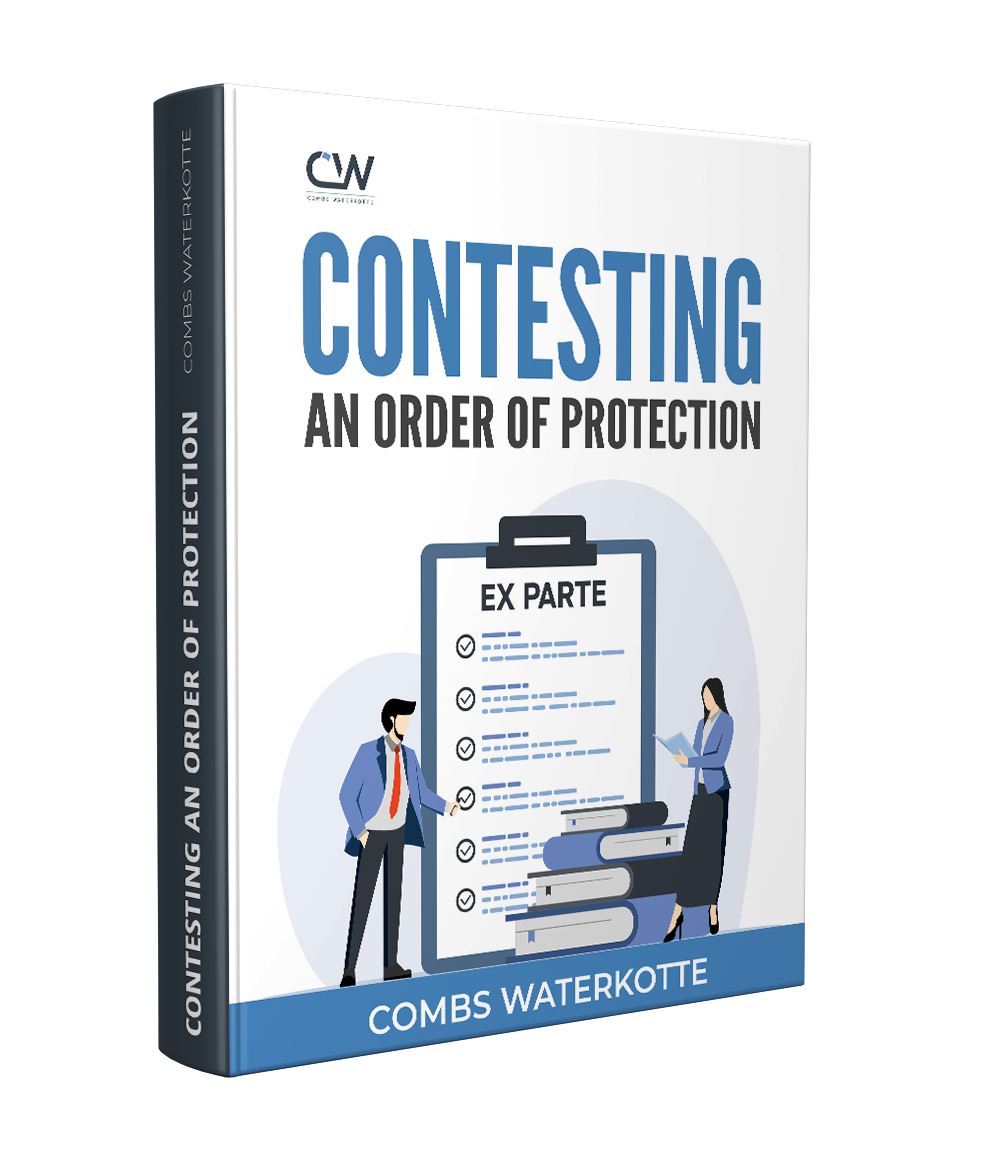Can I Challenge an Order of Protection in Missouri? Yes, respondents (individuals who have been served with an order of protection) have the right to challenge the order in Missouri. Whether it is a temporary ex parte order or a more permanent full order of protection, the law provides respondents with several opportunities to contest the allegations made by the petitioner. Here’s how the process works and the steps you can take to defend against such orders.

Challenging an Ex Parte Order of Protection:
An ex parte order is a temporary protection order granted without your presence in court. It is typically issued when the petitioner claims immediate danger or harm. This type of order is effective immediately but only lasts until a full hearing can be held, usually within 15 days. This is your first opportunity to challenge the claims made by the petitioner.
How to Challenge an Ex Parte Order
You must attend the full hearing scheduled within 15 days. This hearing is where you, as the respondent, and your order of protection defense attorney have the chance to present your side of the story. During the hearing, you can:
- Provide Evidence: Present any evidence that disputes the petitioner’s claims. This could include witness testimony, video recordings, text messages, or other forms of documentation.
- Cross-Examine the Petitioner: You have the right to challenge the petitioner’s statements and question their credibility.
- Present Your Testimony: You can offer your own testimony explaining the situation and why the order is unwarranted.
If the court finds that the petitioner has not provided enough evidence or that their claims are unfounded, the order may be dismissed. If the court issues a full order of protection, it can last for up to one year and may be renewed.
Appealing a Full Order of Protection
If a full order of protection is granted against you and you believe the decision was incorrect or unfair, you have the option to appeal the court’s ruling. Appealing an order of protection involves asking a higher court to review the lower court’s decision to determine if legal errors were made during the initial hearing.
- Grounds for Appeal: You can appeal an order of protection if you believe the court made a legal mistake, such as misapplying the law or admitting improper evidence. Appeals are not granted simply because you disagree with the outcome; there must be a clear error in the way the law was applied.
- Filing the Appeal: To begin the appeal process, you must file a notice of appeal with the court that issued the order. This notice typically must be filed within a set time frame after the order is issued, usually within 30 days.
- Legal Representation: Appeals are often more complex than the initial hearing, so having legal representation is highly recommended. An experienced attorney can help identify legal errors in the original hearing and build a strong case for overturning the order.
The appeal process can result in the order being upheld, modified, or overturned entirely, depending on the findings of the appellate court.

Free book
Telling Your Side of the Story: Contesting an Order of Protection
We specialize in defending individuals served with orders of protection in Missouri. We’ve published this ebook to help you understand the process, build a solid defense, and protect your rights.
Served With an Order of Protection in Missouri? Call Combs Waterkotte
If you’ve been served with an order of protection in Missouri, you have the right to challenge it during the court hearing. If a full order is issued and you believe it was done in error, you also have the option to appeal the decision to a higher court. Your chances of a positive resolution are much higher if you hire an experienced and skilled order of protection attorney.
If you’re facing an order of protection or considering an appeal, contact us online or call (314) 900-HELP for a free consultation to explore your defense options and ensure your rights are protected.






